“With the commodification of Black bodies came the objectification of African American health. The intersection of medicine with the Southern political economy produced a narrow definition of slave health permeated by concerns of slaveholder status and wealth,” Sharla M. Fett said.
On February 13, 2025, Robert F. Kennedy Jr. was sworn in as the 26th U.S Secretary of Health and Human Services. In his new role, RFK Jr. is now responsible for overseeing the CDC (Centers for Disease Control and Prevention), FDA (Food and Drug Administration), the NIH (National Institutes of Health), and other large public health agencies that are dedicated to advising and releasing information related to the overall health of U.S citizens. This considerable responsibility makes it even more troubling when analyzing RFK Jr’s history of false, unscientific claims about Black health.
In 2021, during the height of the Covid-19 pandemic, Kennedy publicly proposed that because Black Americans have a stronger immune system than their white counterparts, they should follow a different vaccine schedule (Reuters Fact Check). This statement follows a legacy of racist pseudoscience used to justify the inadequate treatment of Black folks in the healthcare system. Not only is our capacity for pain and need for treatment underestimated, but our labor has been intrinsically tied to our health, in a way that we have been stripped from valuing self-care and prioritizing mental wellness.
It is clear that the U.S healthcare system will continue to take a turn for the worse, as research will now be underfunded, bigots will be given more roles in public agencies, and big pharma will continue to thrive more than it ever has before. Although, it should be no surprise that the healthcare system is entrenched in anti-Blackness as historically, western medicine has encroached on traditional healing practices used by Black Americans during enslavement while prioritizing corporate greed over long-term wellness. However, the question then becomes, in a place like Spelman College, which is the top producer of Black women who obtain PhDs in STEM and pursue careers in medicine, what does the future look like for those students who are gearing up to actively participate in a system built on their disenfranchisement?
This spring, I have had the privilege of taking the course “African American Herbalism,” located within Spelman’s Food Studies curriculum. Herbalism refers to the practice of using plants and extracts for medicinal purposes. It is known as one of the oldest forms of medicine and has been used by many different cultures to pursue healing practices. It has distinct importance within the Black community, as enslaved Africans used their botanical knowledge and blended it with the new environment in the Americas. This knowledge has been passed down for generations and developed into practices that we still utilize today.
At the beginning of this course, we first analyzed the transition from traditional medicine practices that were being used not just in the enslaved community, but broadly across the Americas. Prior to the industrialization of medicine in the late 1800s, many medical institutions in the U.S. were focused on teaching homeopathy and encouraging the use of herbal medicine. But, due to the financial influence of business magnates like John D. Rockefeller (sound familiar?), U.S. medicinal practices began to shift to allopathic, pharmaceutical-based medicine approaches – this shift is problematic for two reasons.
One, we see the consistent theme of men, typically white men, influencing policy that they have no experience in. Oil tycoons having the power to eliminate an entire practice of medicine, simply for the opportunity to make more money, proves that our current medical system was never meant to “heal,” it is quite literally built on profit and exploitation. Second, while Spelman College is widely recognized for its academic excellence, it is important to acknowledge that its early funding came in part from Rockefeller’s fortune. So, even though our students were initially excluded from major medical institutions, we were historically trained through allopathic medicinal practices.
Allopathic, or often referred to as “Western medicine,” greatly deviates from the traditional, holistic practices that our ancestors relied on. An allopathic approach is disease-focused and evidence based, as it utilizes pharmaceuticals, radiation, and surgery for treatment options. This is compared to herbalist traditional practices which often approach healing through the usage of herbs, dieting, energy monitoring, etc. Because western medicine is evidence based, it relies on research from “medical professionals” to advise treatment and navigate different illnesses. Unfortunately, this has historically negatively impacted Black Americans. Our bodies are either used as test subjects, without our permission, to gather evidence and develop pharmaceuticals to “treat” diseases or evidence is constructed through racial bias to justify withholding treatment and medical malpractice. In school we are taught that science, specifically medical science, is inherently impartial and neutral, but given what we are seeing today in the status quo, science is often weaponized to make socially constructed assumptions biologically real. This can be seen from the coining of the term “Eugenics” in 1883, to the recent comments by RFK Jr.
Now, even though African American Herbalism is a three-hour course that produced these revelations, while exploring medicine making and traditional herbalist practices through lectures, discussions, and labs, it does not count as a part of Spelman’s Natural Science requirement. Unfortunately, only courses in biology, environmental science, and chemistry can be used to fulfill that portion of our degree. This perpetuates the idea that Herbalism is an illegitimate medicinal practice, especially because Spelman is a historically Black college with a responsibility to inform its students about their heritage and the traditional ways that their ancestors have been autonomous in their health, before white people found a way to encroach and capitalize on their knowledge.
As Black students step into a healthcare system with its own set of challenges, being aware of the different health options out there can make a real difference. For Spelman students pursuing careers in medicine, the lack of required coursework in herbalism, rootwork, or spiritual healing reflects a broader trend in medical education, where non-Western and ancestral healing practices are often left out. These traditions have long existed alongside and outside of conventional systems, which have historically excluded Black communities. As an institution guided by the motto “A Choice to Change the World,” Spelman’s curriculum presents an opportunity to engage more critically with the full spectrum of health knowledge, including alternative and culturally rooted practices.


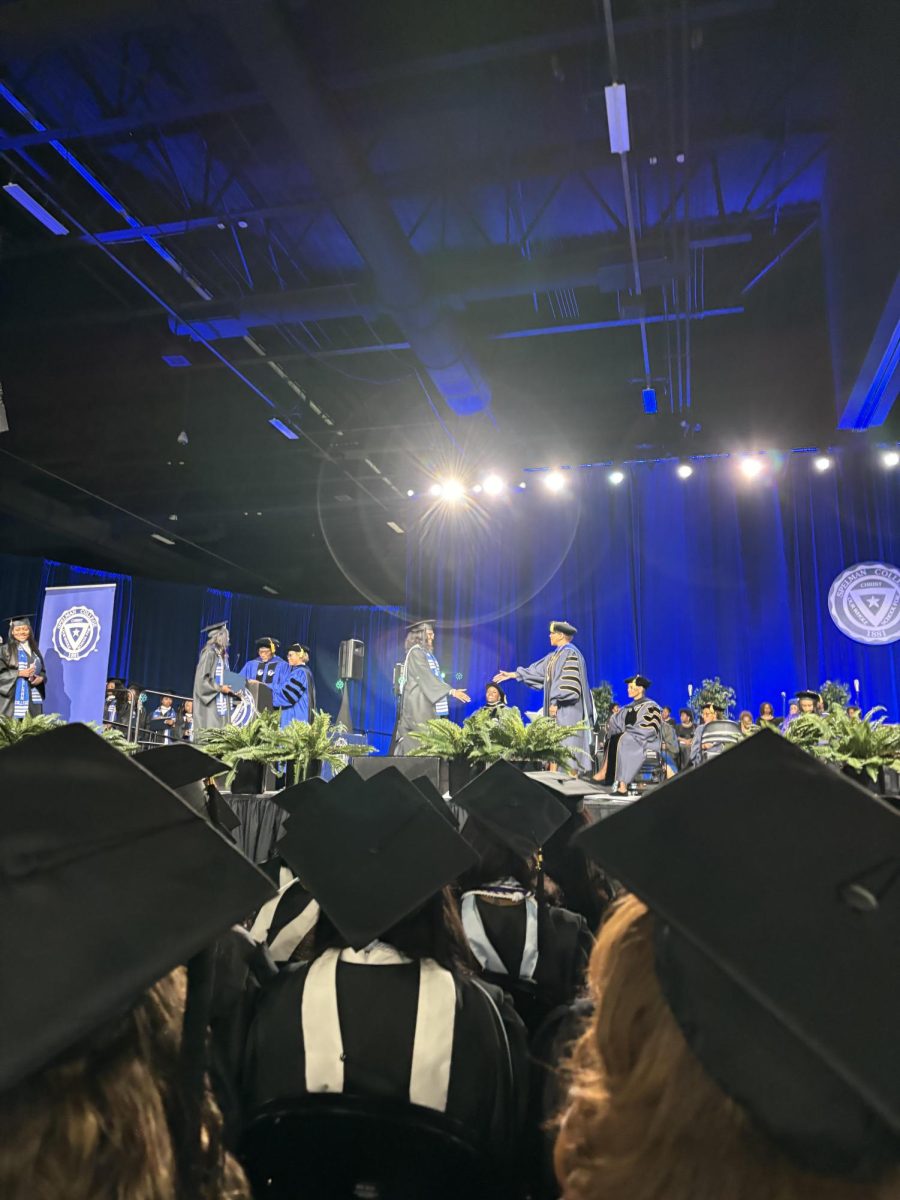
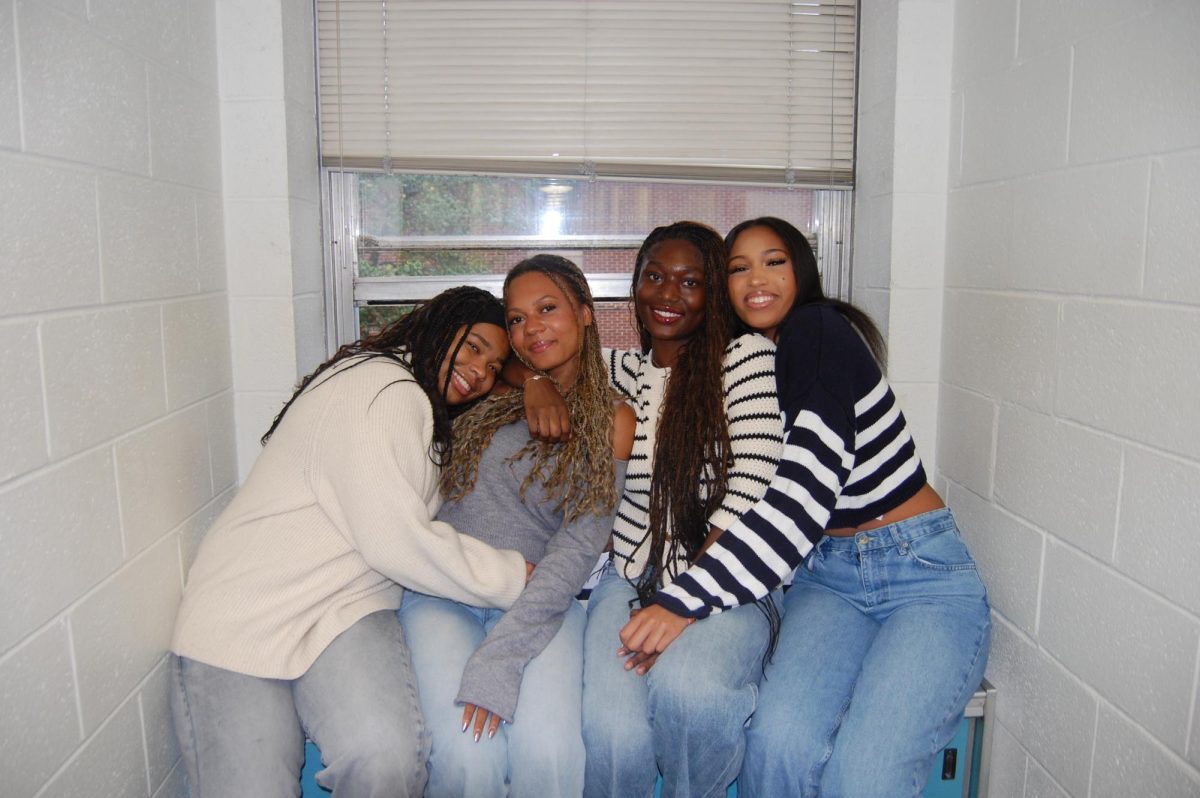


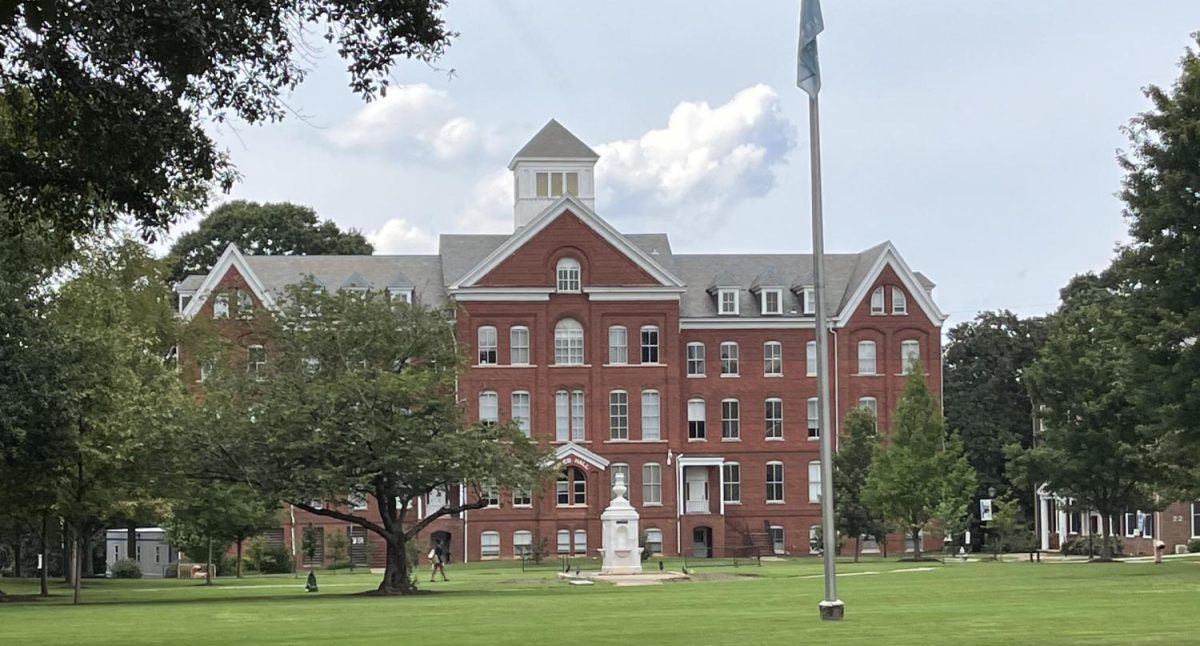
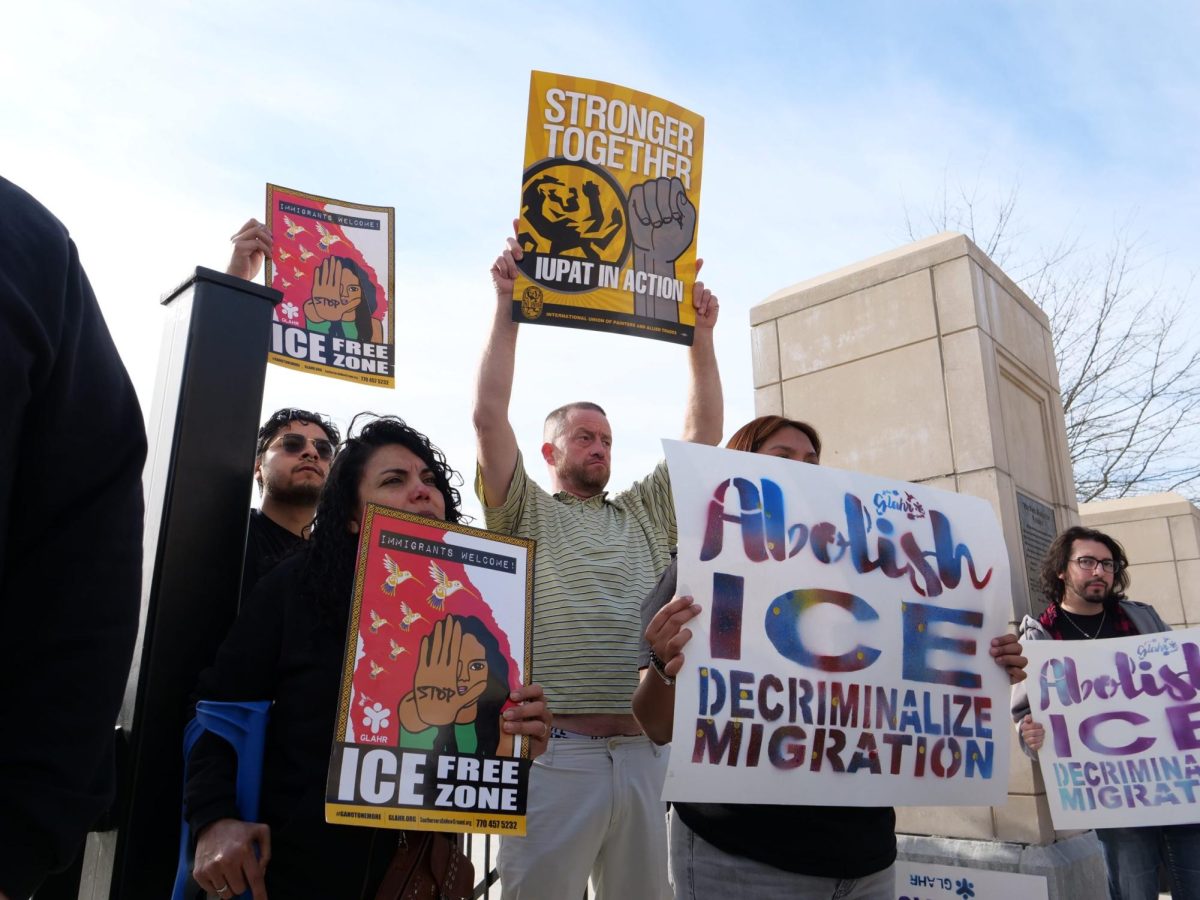




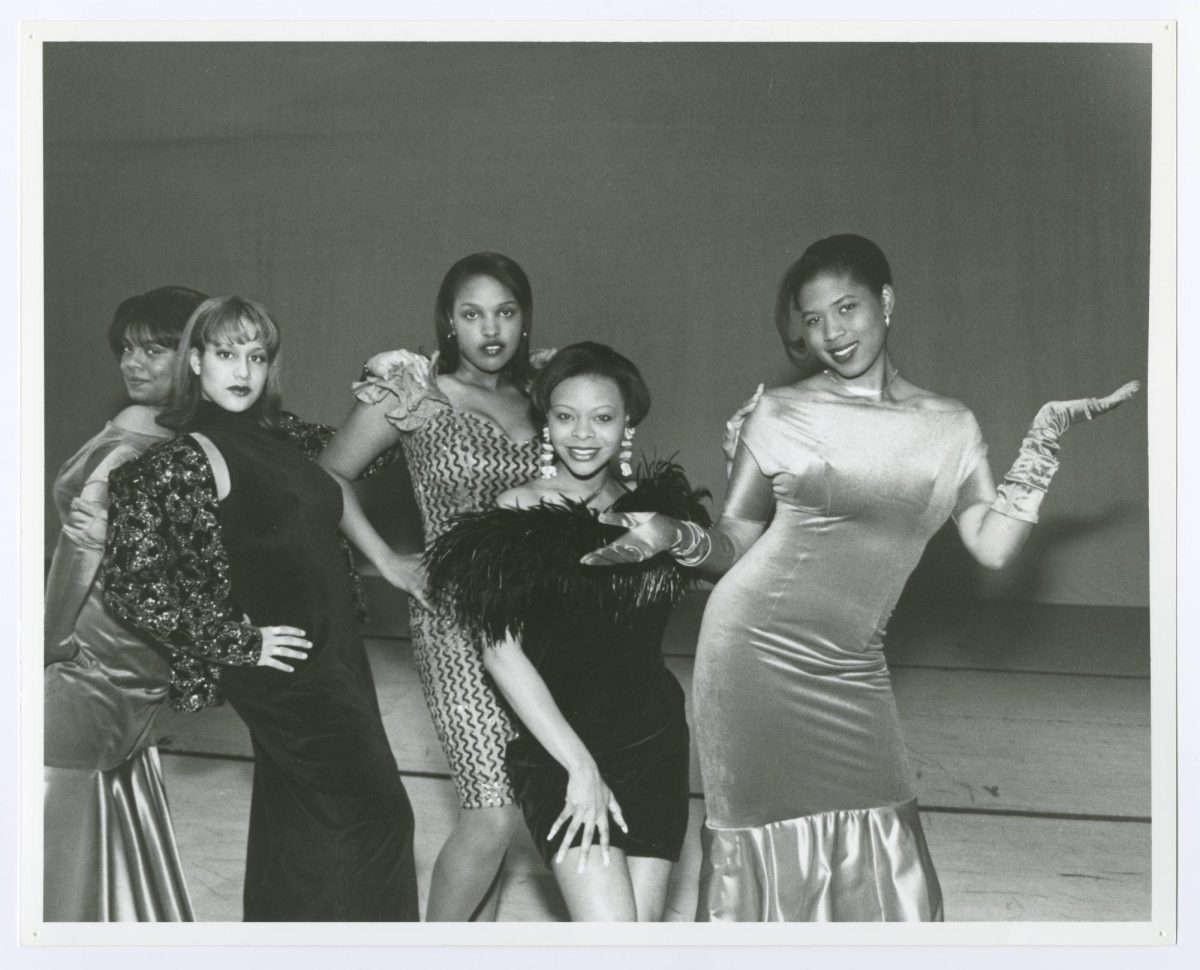




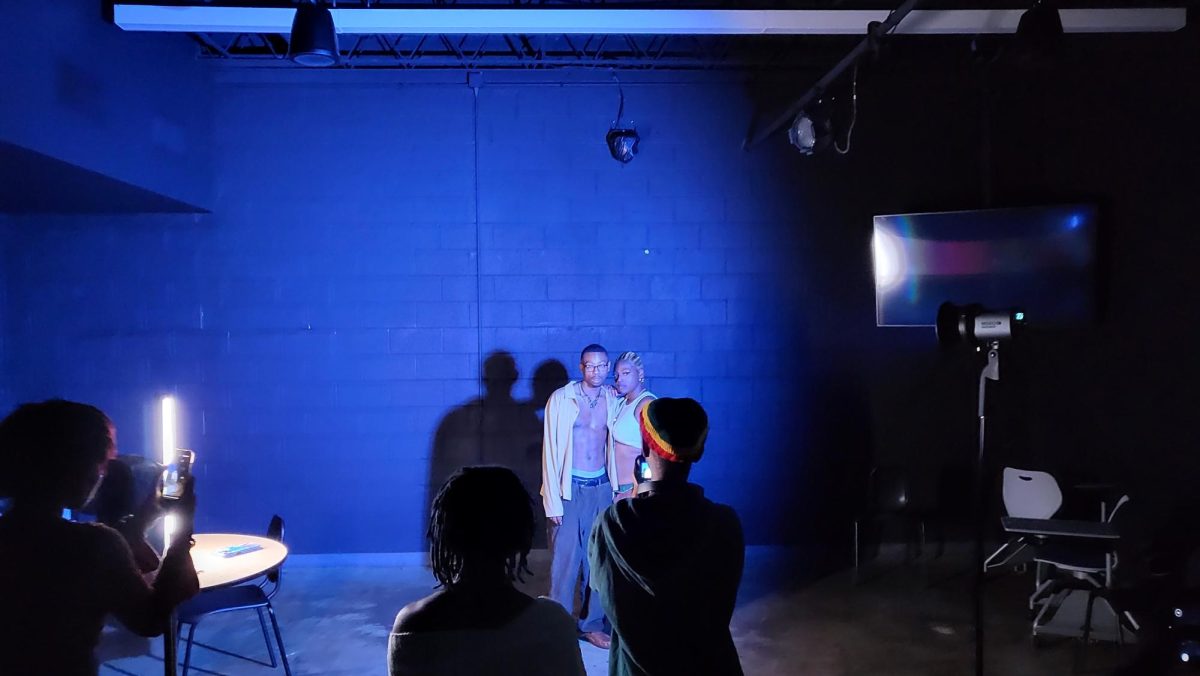


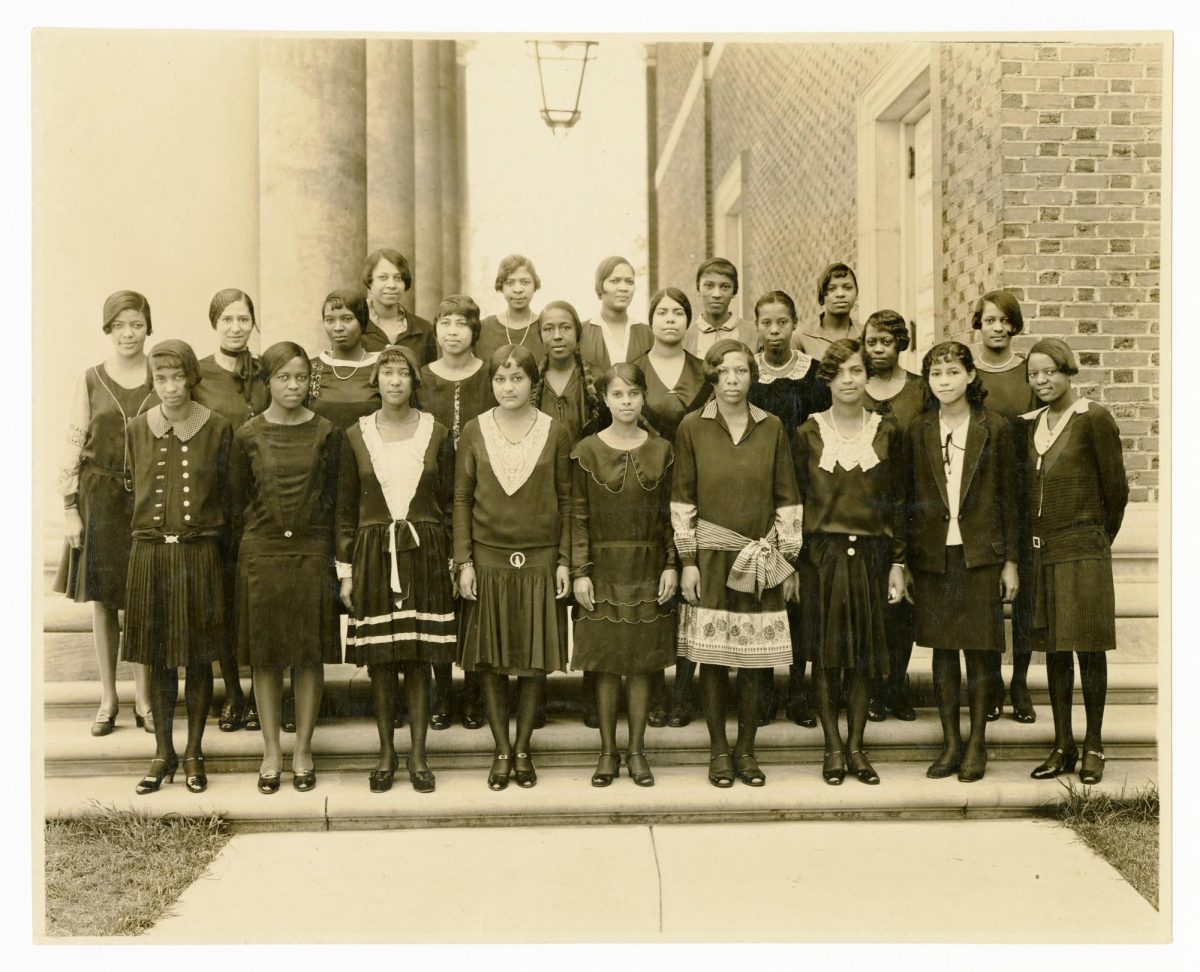

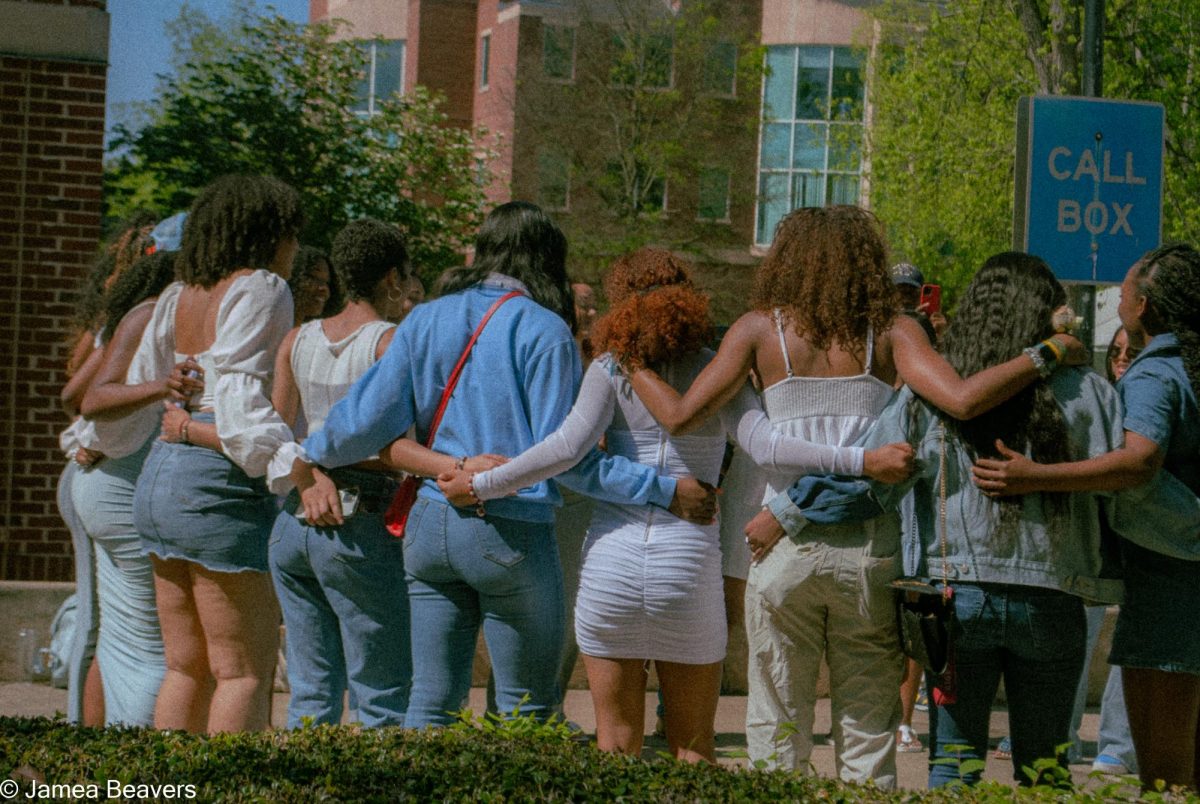
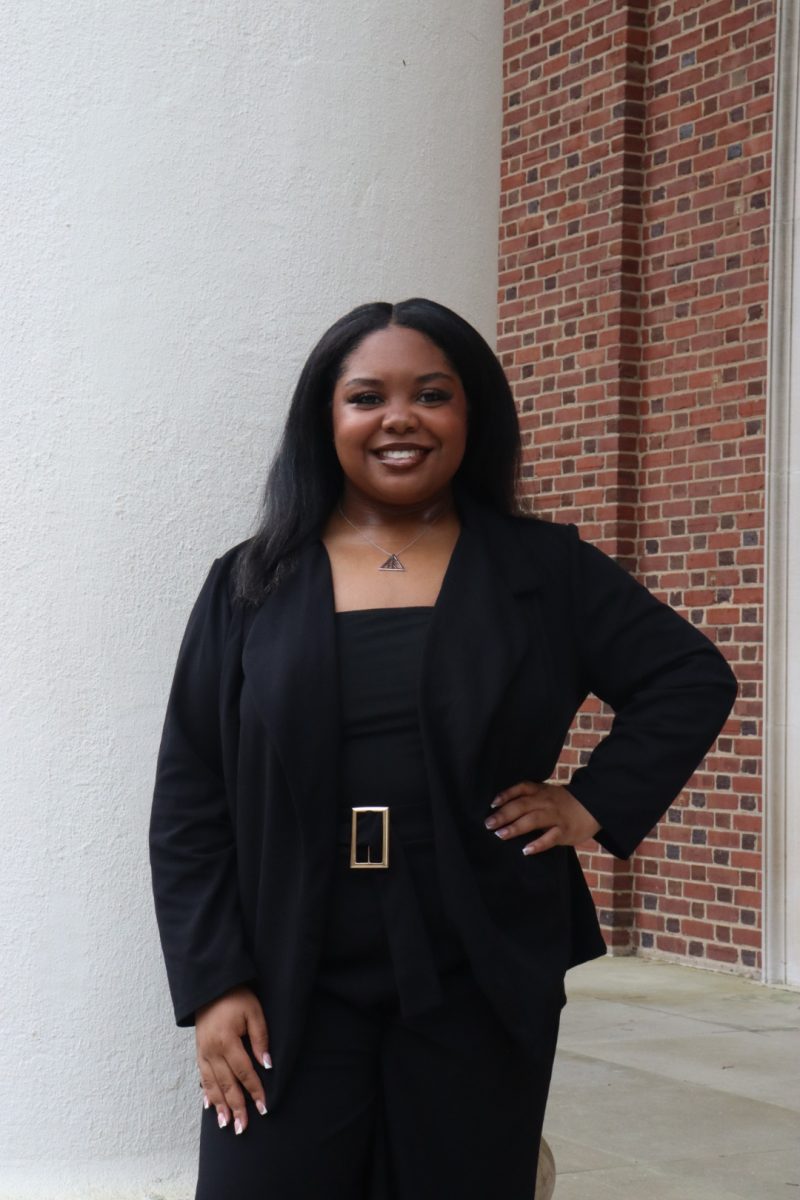
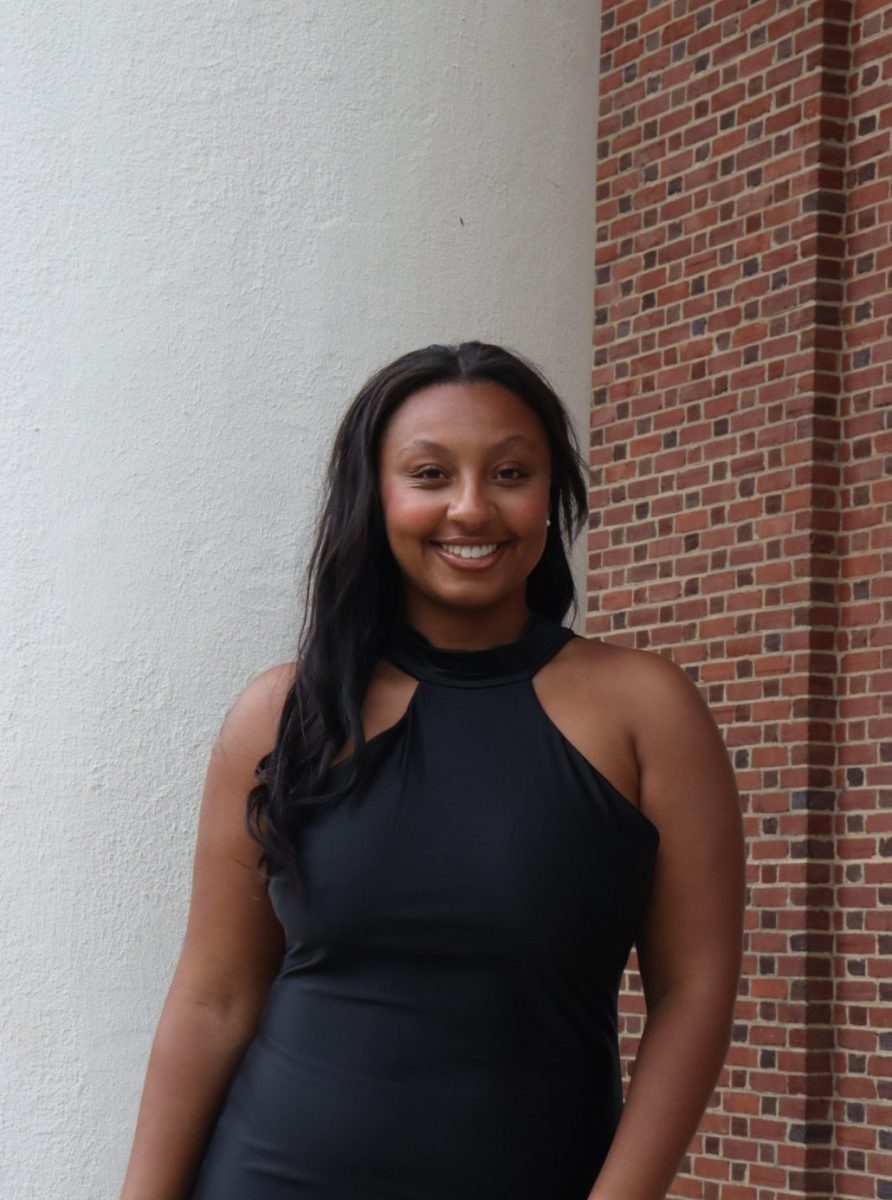
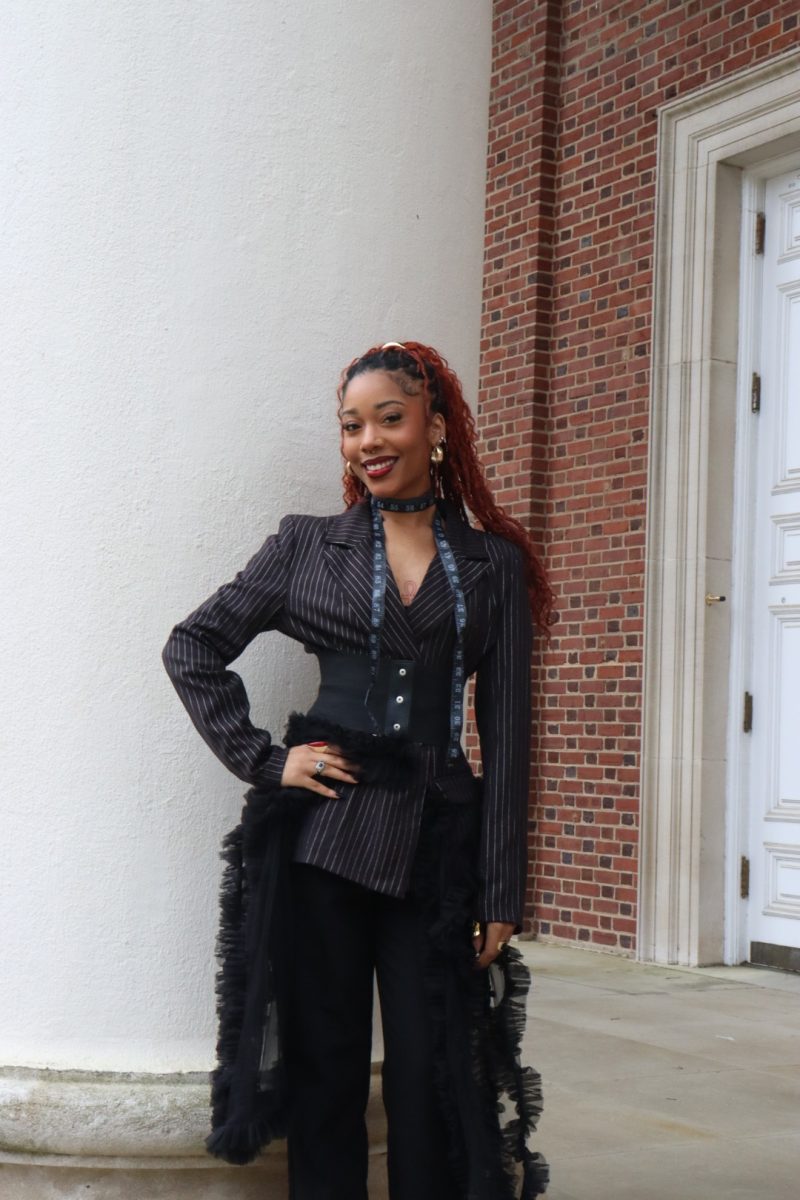

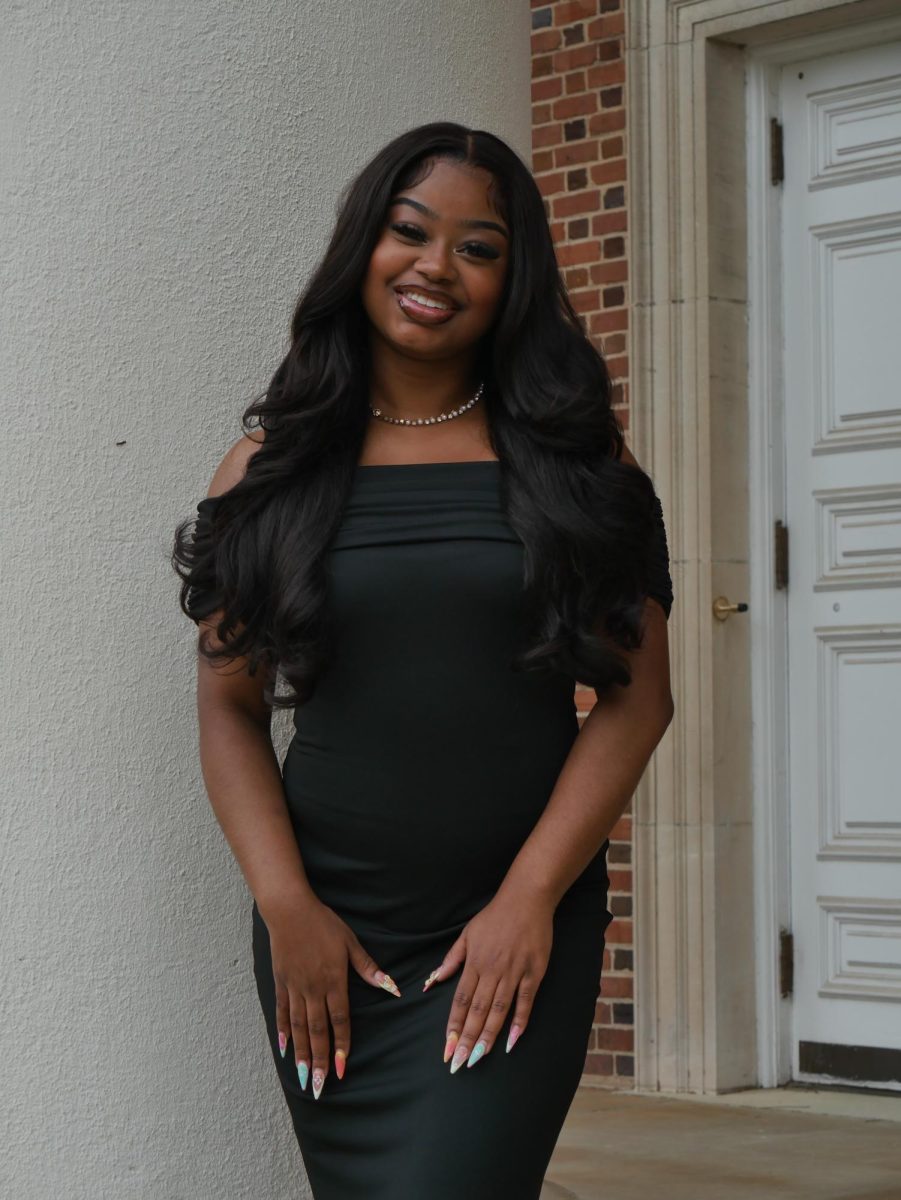
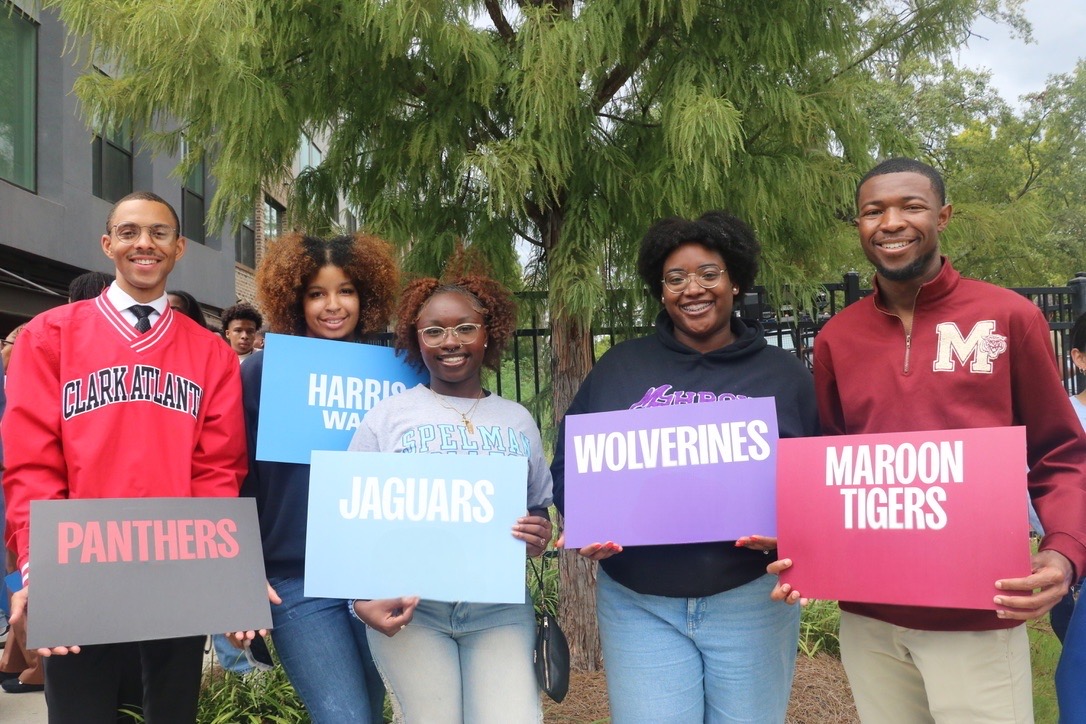

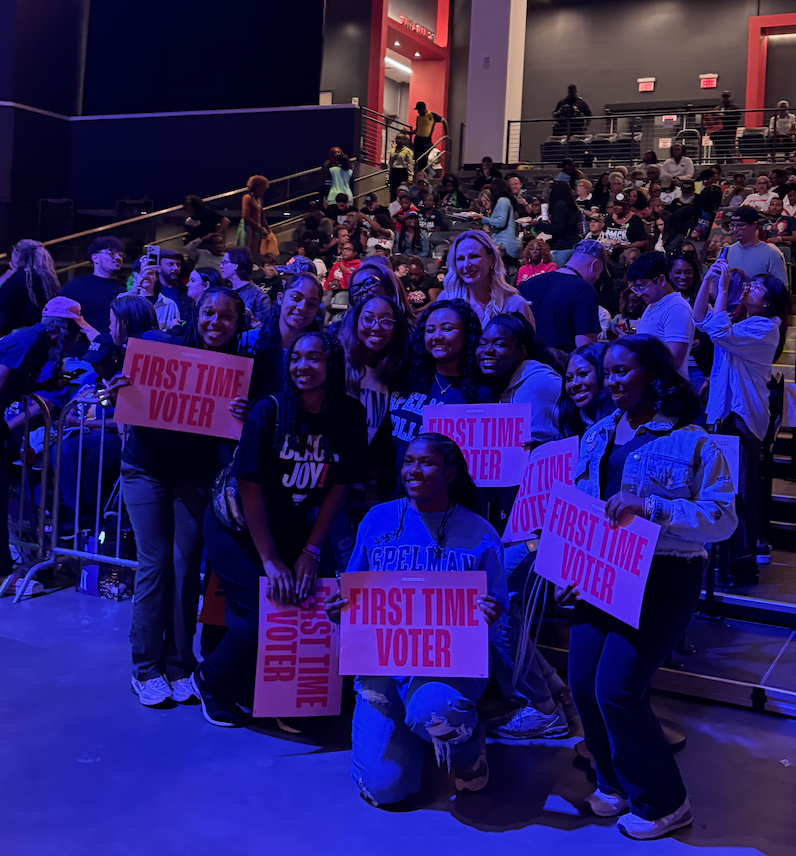

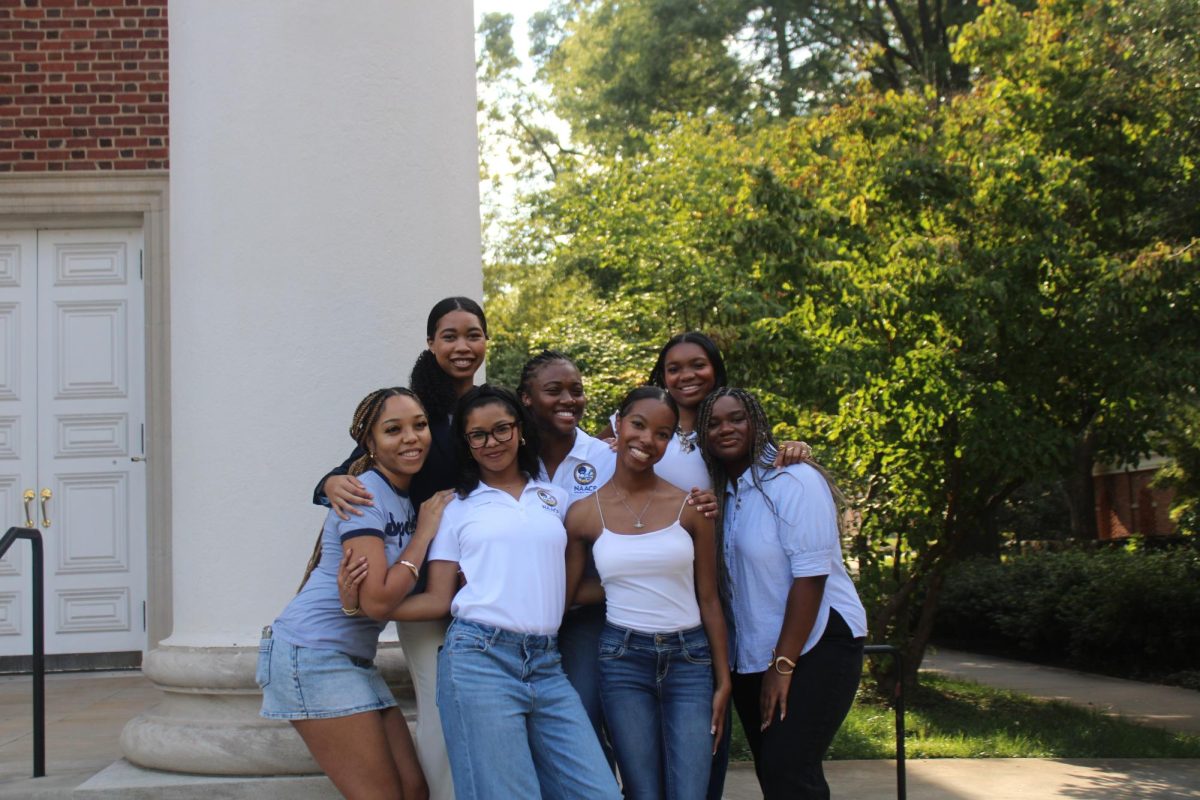
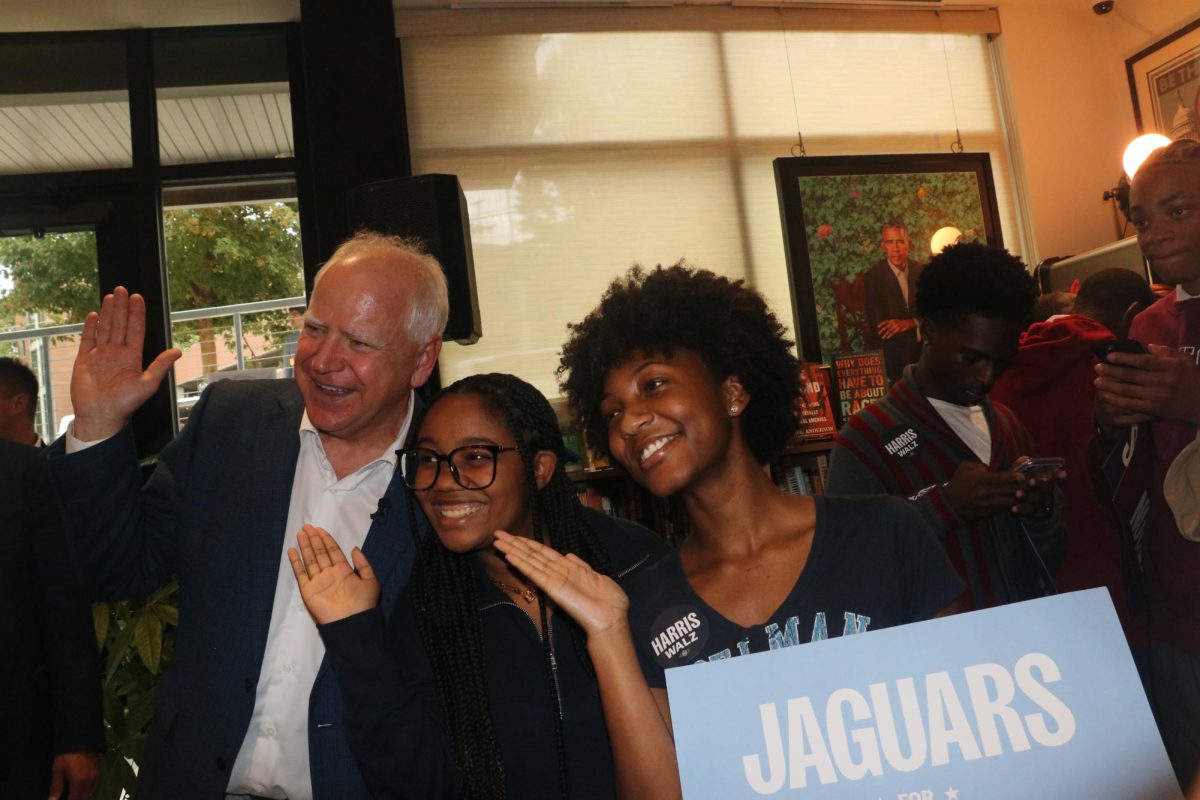
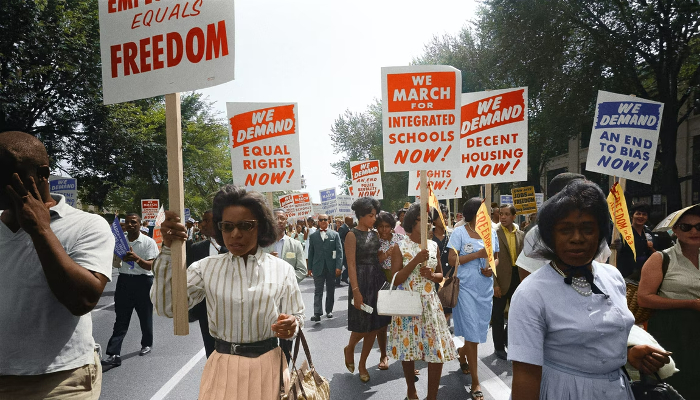

Ebene Simmons • Apr 19, 2025 at 9:56 pm
Very insightful article! When it comes to medicine, the belief that science is somehow unbiased because it has to do with formulas or what is believed to be proven facts is deeply untrue, and it’s disheartening to hear that Spelman is teaching this myth on its campus. From pulse oximeters not giving accurate readings on deep hues, to medical formulas regarding kidneys having racial bias, the list is endless, and I hope Spelman would check out The Medical Mythbuster! His videos were so enlightening to me and showcased the reactive response that many black healthcare professionals have taken. If they have been in the medical industry long enough, they have been using these same formulas to produce the same results. So instead of talking about statistics from the perspective of black people being at the bottom, they need to look at the picture holistically and recognize why that is.
At Spelman, the fact that medicine is taught through the lens of Westernization speaks to its founding, which is somewhat murky for lack of a better word. Spelman is an HBCU but named after a non black woman, the Rockefeller family still is on the board of directors to this day, and considering this article’s findings about what JD Rockefeller invested in when it came to medicine – it’s no surprise that Spelman has just become an incubator for producing students ultimately falling into the same trap.
Additionally, I thought the name of the class, African American Herbalism, was somewhat exclusive. There’s this divide when it comes to nationality and the need to shun one another – if we’re talking about enslaved Africans, why don’t we dignify our history and recognize that they are African first, and the knowledge learned came from the continent. Trying to give credence or respect in the form of separatism obscures where the knowledge came from. Both the innovations and issues that our communities are facing are the same.